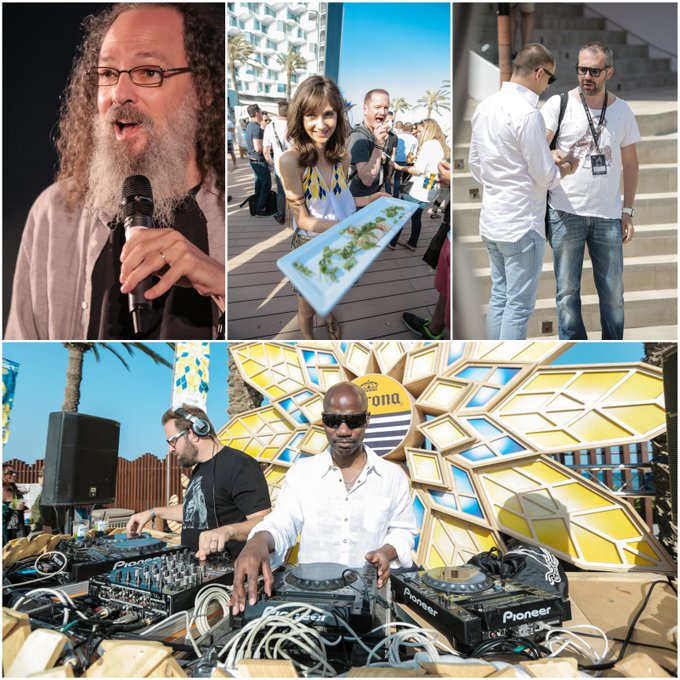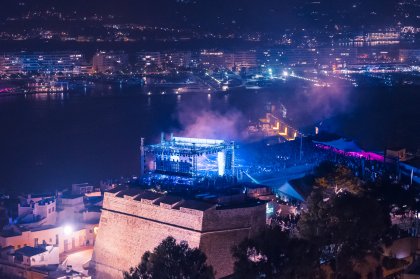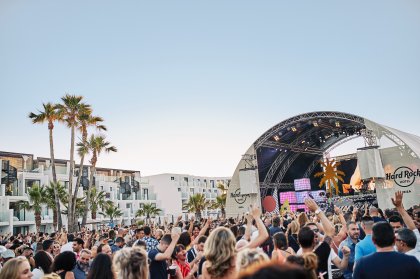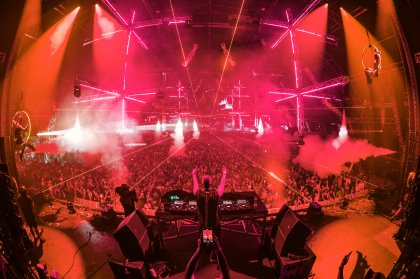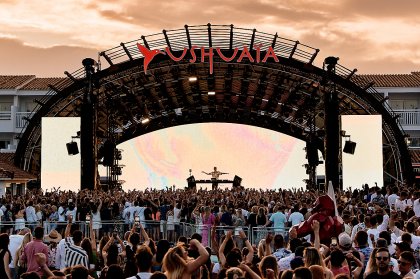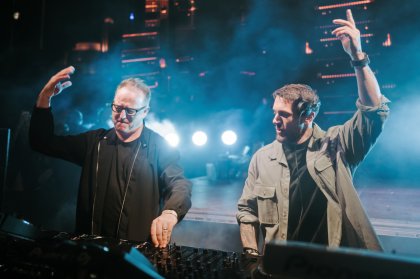IMS 2014 Day One began with the usual brief address from one of the IMS partners, Pete Tong, welcoming all to the conference in its brand new digs – Hard Rock Hotel Ibiza. And I mean brand new in the strictest sense of the phrase, as gardeners were practically hurling plants into new beds lining the Hard Rock lobby entrance, the final touches to the newest venue in Ibiza completed aaalmost in time. IMS partner Danny Whittle also seized the opening address moment to gently heckle his friend and business partner Sankeys boss David Vincent, who was to be attending the first of his opening parties that evening, saying “if anyone's at Sankeys tonight please remind David Vincent all night that he's on a panel tomorrow morning!” Business mixed with pleasure, with no time for rest? The Ibiza season must be underway.
The first item on the agenda was the IMS business report presented by Kevin Watson, which was nowhere near as dry as it sounds. Watson sprouted out bucket loads of quotable statistics that had every journalist present diving for the tweet button to share with their followers. We learnt that dance music is the only music genre that has grown last year in both the US and the UK, that Avicii's Wake Me Up is the most streamed track on Spotify ever, that dance music fans are more engaged on social media than any other music genre fans and that Calvin Harris is worth more than Christiano Ronaldo or Jay Z. Fun facts!
Next up we heard from Lohan Presencer of Ministry of Sound, who was, surprisingly, the first representative of Ministry to speak at IMS. Presencer spoke candidly about the mistakes Ministry made as it grew, admitting it wasn't a terribly artist friendly business at the start. Ministry learnt, however, that it's about people not money, and that artists need time to discover themselves as well as be discovered. He mused that perhaps the supportive nature of his industry has its genesis in the clubbing culture it was born from: a tough, late night business where you have to have each other's backs or perish.
Blaise Belville, one of the creators of Boiler Room, also gave some honest and interesting insights into how his project his run. Two things stood out from this interview the most: firstly that Boiler Room is a way for the international community to discover specific music scenes around the world that they would not otherwise have access to, and the other crucial thing for Boiler Room was that, because the show costs so little to make (a web cam attached to the wall at the last minute of the first broadcast is still a model they use), they don't have to address the same return on investment question that so many other music business are tied to and can feature artists that they want, rather than purely commercially viable ones. Boiler Room is a mainstream marketing opportunity for underground artists without the usual quality compromises that come with commercial success. Although they are now reaching seven million viewers a month, they are still trying to snag Jeff Mills. “We appreciated the challenge and don't want to become complacent” Belville added.
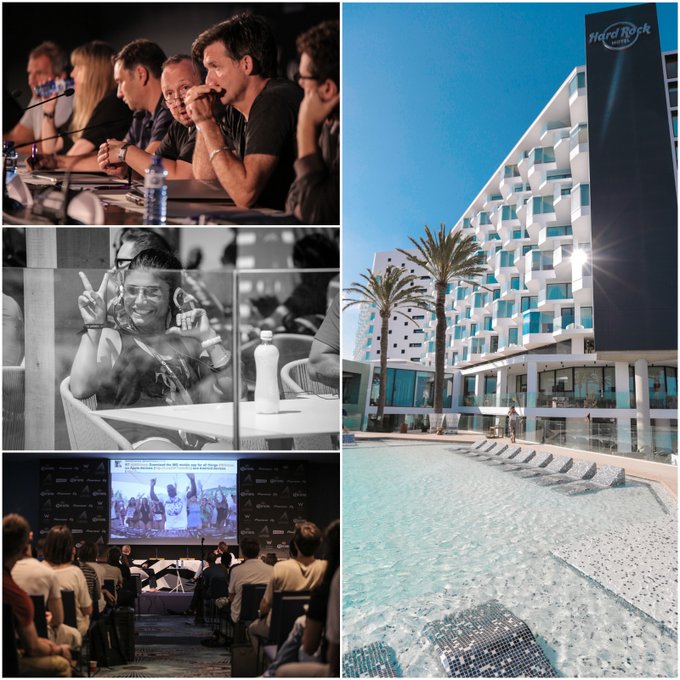
Later a panel on developing markets for electronic music featured representatives from five different countries in which the scene is still in an adolescent, but rapidly growing phase. The untapped economic potential of the festival scene in India was discussed, the slow but steady spread of dance music beyond China's main cities Beijing and Shang Hai, the under-development of Brazil's dance music scene and most interestingly, the huge explosion of House music in South Africa which is connecting previously disparate communities, and the importance of protecting the strength of the local scene whilst bringing in international artists.
We learnt about the inspirational career path of the 23 year old creator of SBTV Jamal Edwards, who learnt the hard way to always back up his work after losing all the footage from his biggest break to date – filming a tour with Dr Dre! After Edwards came Andrew Schepps, a hugely respected and very charismatic sound engineer who managed to make the ins and outs of sound waves interesting even to us laymen. The world of engineering has changed hugely of course, as tools are simplified for use and budgets shrink the engineer often doubles as the producer. Whilst Schepps promotes a less is more approach to engineering, he also confessed his role in the ‘loudness wars' sparked by his work on Metallica's album Death Magnetic. “Well if I was in them, I won anyway” he quipped.
Rounding off day one was an announcement of a new festival and dance music initiative from Corona – Corona Sunsets - which will feature four beach parties in different locations across the world (Ibiza, naturally). It's going to be a fantastic project with lots of nice side initiatives like beach clean-ups and DJ competitions for example, but I think perhaps a little too much time was dedicated in this panel to cringey advertising speak such as “we're about the immersive sand in your toes experience.” That said, I was all over the immersive free Corona cocktail experience at the poolside bar afterwards. Cheers Corona, Hard Rock and IMS!
Day one at IMS was interesting as ever, but more focused on the business aspect then the next two days will be. At the end of the day we all charged off out of the conference room to attend our various meetings, dinners and dance floors, all doing our best to forget that we had to be in tomorrow at 10:30am to see if David Vincent's hangover would be as chronic as we all predicted. To be continued…
Photography | James Chapman
